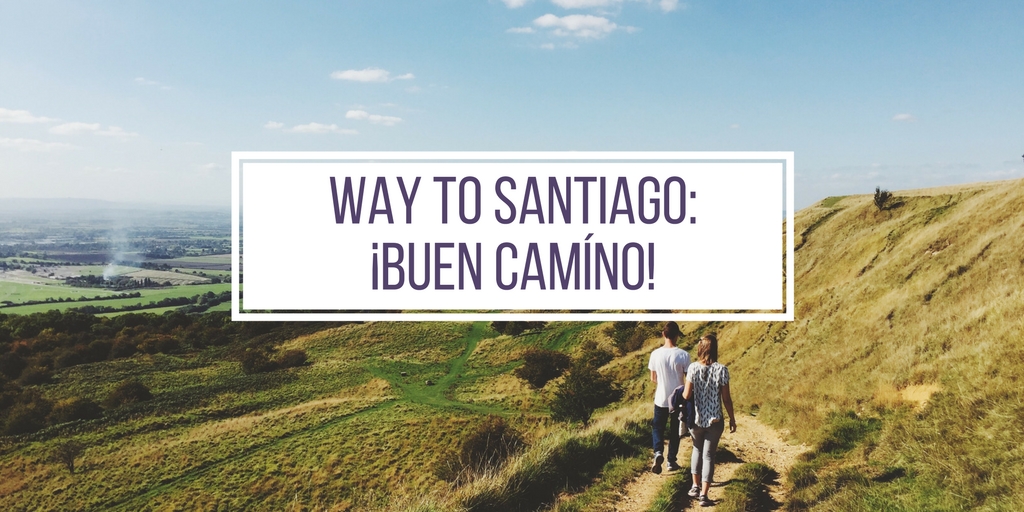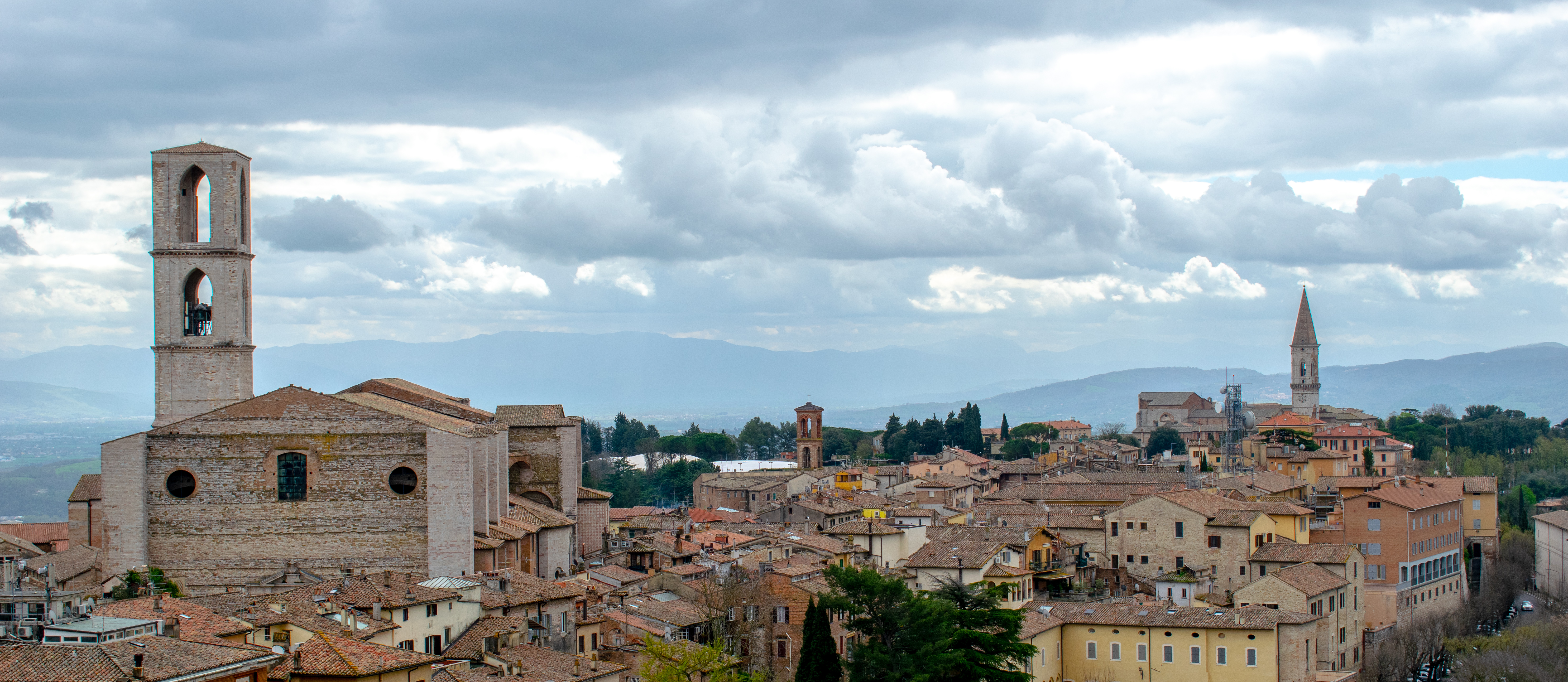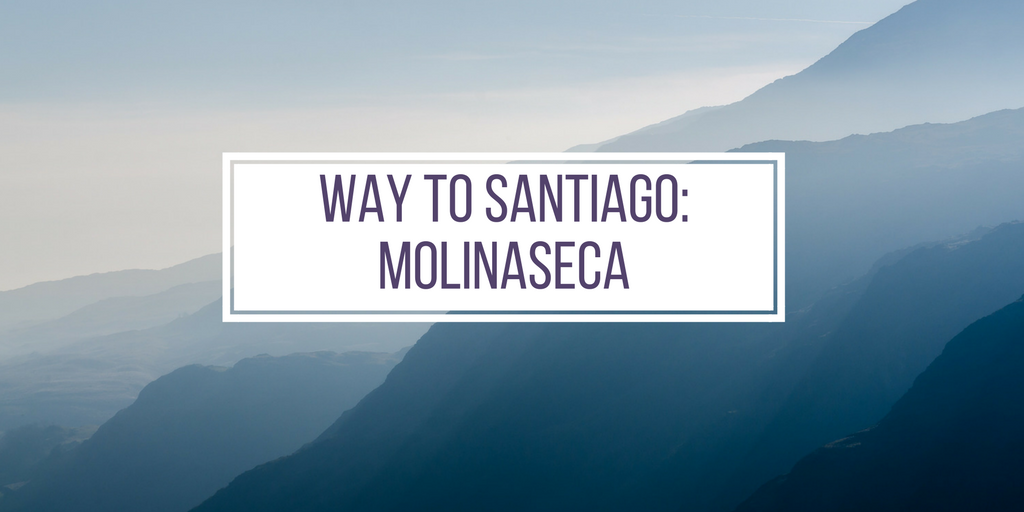Way to Santiago #5: ¡Buen Camino!
[Original italian version by Claudia Agrestino]
André doesn’t know a single word in english, in spanish or italian: he only speaks portuguese and in an incomprehensible way, a south brasilian dialect, but his joy is contagious. Alessandro has already gone down the french path twelve times, and every time is like the first. Jean Guy and his nephew Gregoire, from France to Spain, go a step further on the road each year, to then go back home. Louis, with his german shepherd, has been looking for himself in every way possible for several years now, being at mercy of people’s kindness and helpfulness (virtues that sometimes can assure you a meal and a shelter, and sometimes not). Francis is a nurse in Germany and she has a boyfriend, but she decided to go down the Camino on her own, without really knowing why. Jesùs built an albergue in Villafranca that’s made out of wood, and it reminds him of his Brasil: it’s dirty, unstable, the water tastes like soil, but it is cozy and it makes him feel good. Maria and her father Luis are only going to arrive at O’Cebreiro and then they’ll go back to Valencia; Luis struggles to walk, because of polio, but step by step he shares this unique experience with his daughter, as much as he can. Cécile, half italian half belgian, has divorced and the Camino is a way to challenge herself and overcome her limits. Giovanni is from Chiavenna and, in order to become a psychologist, he abandoned his career as an engeneer. Gilbert speaks flemish, likes swallows and, if he wasn’t an hostalero, he probably would be the protagonist of a successful sitcom, one of those in which people laugh and clap a lot. The three ladies from Monza, that never split and always support one another (like the two german ladies whose name we never understood): we meet them quite often and they’re nice.
Many, many faces, that flash before your eyes as you’re walking; some drag themselves, some go ahead straight and fast. A continuous surpassing and reaching, also lightly mocking the others like “I’m reaching you in a while, you can’t go far with those legs”. Lots of chatting, every topic and every language, but not always: sometimes some of them just wants to walk and breathe. What really is never missing is the greeting: ¡buen camino! is often repeated even if it has already been said moments before. Every piece of walk is worthy of good luck from another pilgrim. Mostly because of the fact that you can start by yourself, but you’re never actually alone, since you can get to know plenty of people and every single one has a story to tell, being it simple or incredible (sometimes exciting). Such as the story of that old lady that followed her husband with her car: he was ill, but willing so bad to go down this path, that she drove to every stop of it, in order to wait for him, so she could check if he felt ok. One more is Mauro’s story: in order to manage to leave from Rome, he lost a lot of weight, showing his family that he was a different man who was able to achieve a goal without giving up half-way.
One the one hand at some stops you may meet people who desire to share their stories and emotions, and on the other hand you may create a bond that will last for the entire path. You sit around a well-spread table for dinner, with many different dishes that every person cooked, and you chat and chat in foreign languages, showing off some vague memory of what you studied at school. You sing and you play too, because in some hostel there might be a guitar, some percussions and you can immediately switch to “beach bonfire mode” with Coldplay, Ligabue (a famous italian singer) and Bob Marley. You might find out that the irish freckle-girl is a fan of your favourite singer, or that the italian guy you’re joking with while being in queue to sign up at the hostel was on the same bus as you, Madrid-Léon, five hours, and you didn’t even notice him. The sense of community that is built around a pilgrim is strong and unforgettable, essential, because when you stumble into the same people for days and days it seems normal to ask them “what’s up?”, to support them, to help them if they are finding themselves in a time of trouble, to joke about the weather, their speed or the embarassing tans on arms and legs. I saw tendinitises healed by a massage given by a pilgrim met just some days before; tons of rice, bottles of beer and painkillers shared with no hesitation; messy birthday parties with sweets and candles in little and lost mountain villages (you didn’t even actually know where you were at, and the only source of certainty was cow manure stinking).
When you’re on this path you feel like talking with everyone and listening to stories. From a human point of view, Santiago’s Walk is a source of inspiration and, after all the encounters you make… once you’re back home you can’t say that you’re not changed, even if just a little bit.




